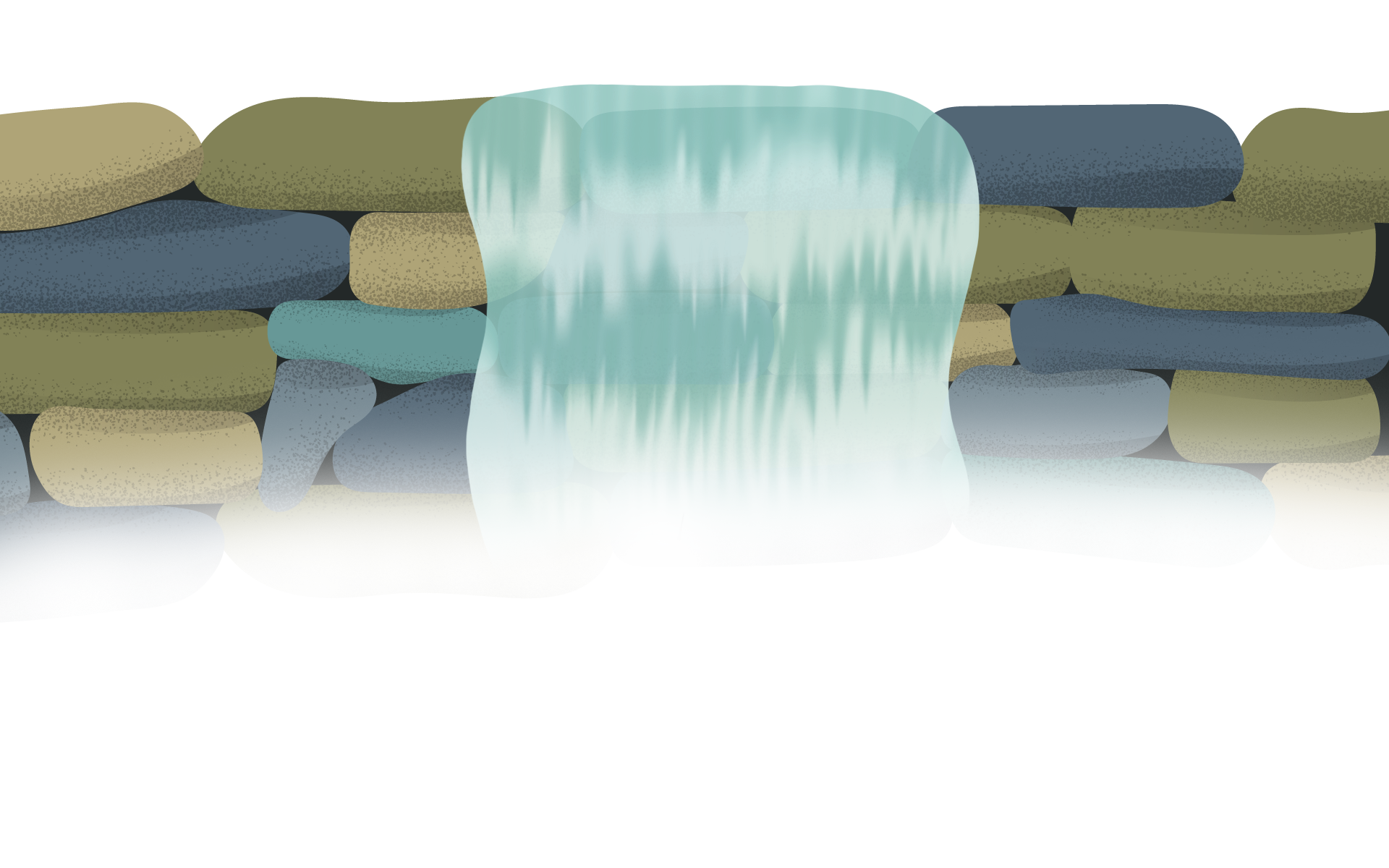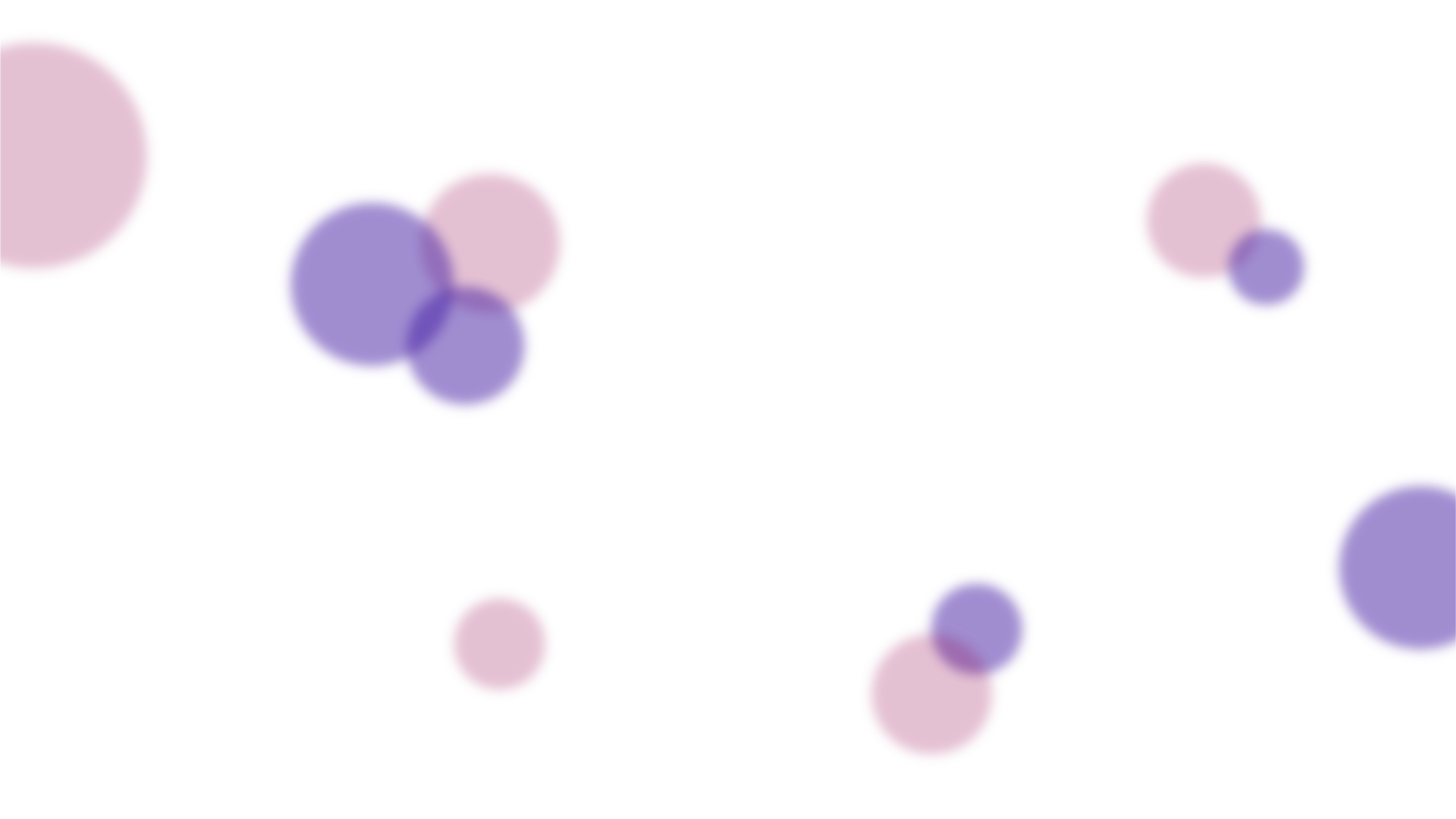

What is Mental Health?
Jump to...


The World Health Organisation (WHO) defines mental health as “a state of well-being in which the individual realizes his or her own abilities, can cope with the normal stresses of life, can work productively and fruitfully, and is able to contribute to their community”.1
Often the term, ‘mental health’, is associated with certain mental health conditions, illnesses or problems. However, mental health is a term that refers to the general wellbeing of an individual’s mental state, just like how physical health refers to the wellbeing of our physical bodies. WHO’s definition implies that the quality of our mental health can affect our perceived quality of life, work productivity, and our desired contributions to the community.
Furthermore, the Constitution of the World Health Organisation declares that “health is a state of complete physical, mental, and social wellbeing, and not merely the absence of disease or infirmity”.2 This recognises that the overall health of a person includes the wellbeing of their mental state, and therefore mental health care is essential to one’s happiness, relationships, and sense of security.
A person who does not experience certain mental health conditions does not necessarily mean they’re experiencing good mental health. Similarly, someone who may be diagnosed with a mental health condition, illness, or problem, are fully capable of experience good mental health and wellbeing.3


Stress
Stress is the emotional or physical tension that you feel when you face a challenge, or your body is reacting to a demand. Acute stress refers to the short bursts of stress that can help you in situations, such as avoiding danger or meeting deadlines. It is a normal part of our daily lives. On the other hand, stress that lasts for weeks or months is called chronic stress, and may occur in situations, such as having financial issues, or relationships problems. If chronic stress is not managed properly, it can cause harmful mental and even physical health problems.4

Stress
Stress is the emotional or physical tension that you feel when you face a challenge, or your body is reacting to a demand. Acute stress refers to the short bursts of stress that can help you in situations, such as avoiding danger or meeting deadlines. It is a normal part of our daily lives. On the other hand, stress that lasts for weeks or months is called chronic stress, and may occur in situations, such as having financial issues, or relationships problems. If chronic stress is not managed properly, it can cause harmful mental and even physical health problems.4



Depression & Anxiety
Being sad or downlow is a normal feeling that everyone experiences. However, depression is the state of being in a constant low mood to the point where it can negatively affect your daily activities.5 This is one of the most common mental health problems in the world, with over 264 million people affected.6
Anxiety is an emotion that is natural for your body in response to stress. It is the feeling of being worried or afraid about an anticipated situation.7 In normal circumstances, the feelings of anxiety would go away once the ‘stressor’ is removed. However, long-term feelings of anxiety, having those feelings without any reason, or extreme feelings that impact an individual’s daily life may indicate an anxiety disorder.8
Anxiety is the most common mental health problem in Australia, where it is predicted that ¼ of Australians will experience an anxiety condition in their lifetime. In 2017-18, 3.2 million Australians were recorded having anxiety-related conditions.9

Meditation
Meditation is a method of breathing, concentration and control that helps someone reach a different state of mind. This often helps people focus and reach a new tranquil state of mind. Meditation is a great way of reducing stress, anxiety and increasing mindfulness. Whilst often used in religious practices, consistent practice of meditation has been found to aid in maintaining a healthy mental state. All this is often best achieved when in a dark and quiet room without any distractions.


Journaling
Journaling is the practice of putting thoughts and emotions into words. The main benefit of journaling is that by keeping a consistent record of feelings and behaviours, it makes it easier to identify patterns, set goals, track progress, and solve general and personal problems.10 It also helps take control of worries and fears, no matter how big or small they may be, by externalising them and creating a platform where they can be revisited with a fresh mindset at another time. Journaling can also be a positive experience. The simple act of writing something good, such as ‘something I’m thankful for’, can help shift one’s mindset to feel a sense of accomplishment, control, and better in general.11
There is no one way to journal. Some people prefer to write things down with a pen and paper, others prefer to type out their thoughts digitally. Some people prefer to write or draw out their thoughts freely, while others prefer to fill out something that’s predefined. No matter how you prefer to journal, it’s just important to do it regularly for it to really benefit your mental health.10

COVID-19
Research and surveys during the outbreak of the Coronavirus pandemic has found that a significant number of individuals reported low mental health wellbeing, who did not previously have a history of mental health treatment.12 The impact of COVID-19 and the implementation of lockdown has shown to evoke a range of negative emotions, such as stress, fear, panic, depression, insomnia, frustration, and boredom.13 These responses may be normal reactions to the current situation, however it’s important to be proactive and treat your mental health accordingly if they are affecting you. Journaling, meditation, and getting support are still effective ways to help regulate and improve your mental health, even during a global pandemic.



Getting Support
Often, mental health problems can present themselves more severely. When it gets worse, practices like meditation are not going to be enough. At this point we recommend that you talk to a mental health professional and seek their advice. It is important to take of your mental as much as your physical health.

References
1
“Mental health: strengthening our response”. World Health Organisation. August 2014. Retrieved March 2021. https://www.who.int/news-room/fact-sheets/detail/mental-health-strengthening-our-response
2
Constitution of the World Health Organisation, 45th ed. Supplement, October 2016. World Health Organisation. https://www.who.int/governance/eb/who_constitution_en.pdf
3
“What is Mental Health?”. Beyond Blue. https://www.beyondblue.org.au/the-facts/what-is-mental-health
4
“Stress and your health”. Medline Plus. https://medlineplus.gov/ency/article/003211.htm
5
Depression. National Institute of Mental Health. Revised 2021.
6
“Depression”. World Health Organisation. 30 January 2020. https://www.who.int/news-room/fact-sheets/detail/depression
7
“Everything You Need to Know About Anxiety”. Healthline. https://www.healthline.com/health/anxiety
8
“Anxiety”. Beyond Blue. https://www.beyondblue.org.au/the-facts/anxiety
9
Mental Health. Australian Bureau of Statistics. Released 12 December 2018. https://www.abs.gov.au/statistics/health/health-conditions-and-risks/mental-health/latest-release
10
“How to start a journal”. Headspace. 16 November 2018. https://headspace.org.au/blog/how-to-start-a-journal/
11
Smith, L. “Could keeping a journal help your mental health?”. Patient. Reviewed by Dr Sarah Jarvis MBE. 20 November 2020. https://patient.info/news-and-features/could-keeping-a-journal-help-your-mental-health
12
Simon, J., Helter, T.M., R.G. et al. “Impacts of the Covid-19 lockdown and relevant vulnerabilities on capability well-being, mental health and social support: an Austrian survey study”. BMC Public Health. 21, 314 (2021). https://doi.org/10.1186/s12889-021-10351-5
13
Pfefferbaum, B., North, C.S. “Mental Health and the Covid-19 Pandemic”. The New England Journal of Medicine. 383, 510-512 (6 August 2020). DOI: 10.1056/NEJMp2008017


